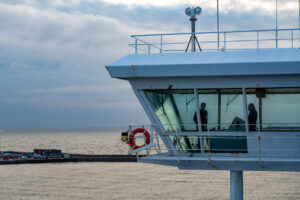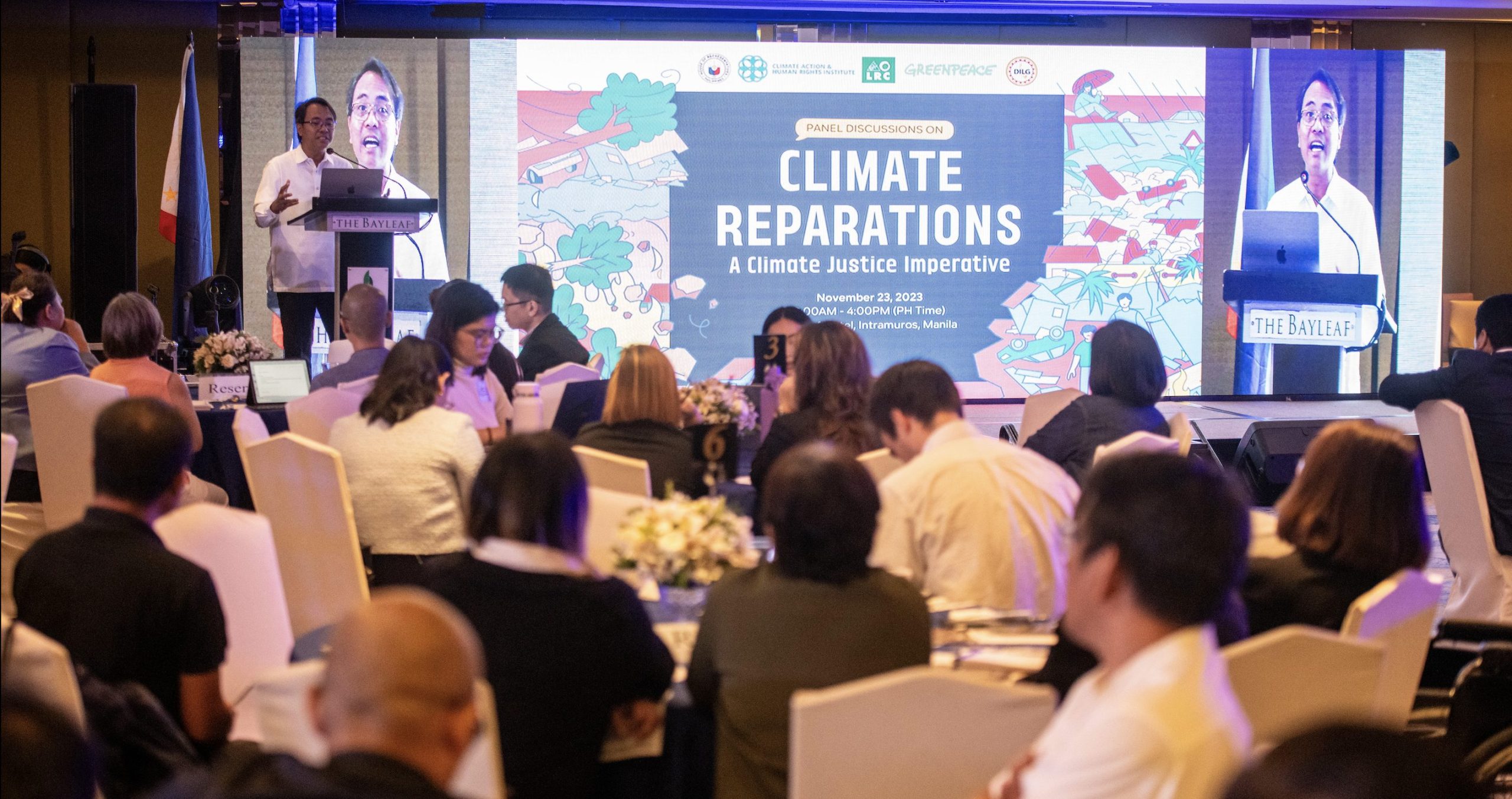The Center for Biological Diversity sued the National Marine Fisheries Service January 10 for failing to protect endangered Pacific humpback whales from deadly entanglements in sablefish pot gear off the coasts of California, Oregon and Washington.
The lawsuit challenges the federal permit given to the fishery in December to kill and injure endangered humpback whales without any changes to avoid harming whales. Fishing gear entanglements are a leading threat to endangered humpbacks that migrate along the West Coast, where 48,521 square nautical miles were designated as critical habitat in April.
“These migrating whales shouldn’t have to dodge deadly commercial fishing gear, especially in national marine sanctuaries,” said Catherine Kilduff, a Center attorney. “This is critical habitat for endangered humpbacks, but it’s full of long strings of fishing pots. It’s outrageous that the Fisheries Service rubber-stamped the status quo despite growing threats to these whales. Humpbacks are our magnificent, acrobatic neighbors, and we need to stop the increasing deaths in commercial fishing gear.”
As climate change alters migration patterns and availability of food for whales, it’s harder for endangered humpbacks to avoid commercial fishing gear. Until last December, the West Coast fisheries for the bottom-dwelling sablefish — also known as butterfish or black cod — had operated for five years without authorization to take whales under the Endangered Species Act and Marine Mammal Protection Act.
According to Fisheries Service estimates, the sablefish fishery on average kills or seriously injures about two humpback whales every year. The fishery uses two-mile-long strings of 30 to 50 pots. Commercial fisheries in total entangle 25 humpback whales annually off the U.S. West Coast; more than half of the entanglements are not identified as being tied to a specific fishery.
The lawsuit, filed in U.S. District Court in Northern California, focuses on several deficiencies in the Fisheries Service’s analyses of the sablefish fishery’s impact. These include outdated humpback whale stock assessments, the failure to recognize the smallest humpback population — that winters in Central America — as distinct, and the failure to consider the Fisheries Service’s own analyses of the growing whale entanglement threat.
The Service found a 400% increase in humpback mortality and serious injury from human activities, including vessel strikes, since 2018 estimates.
This year marks the 50th anniversary of the Marine Mammal Protection Act, a landmark law that recognized the “great international significance” of marine mammals, including their esthetic, recreational and economic importance. The law prohibits harming marine mammals except under specific circumstances. Commercial fisheries that occasionally or frequently kill or seriously injure endangered marine mammals must have only a negligible impact on the species or stock to get an incidental take permit.
To make fishing safer for whales and other imperiled animals, the Center proposed last December that the Fisheries Service require all fisheries that use pot gear to covert to new ropeless or “pop-up” gear in the next five years. The petition requests that the agency prioritize the transition in national marine sanctuaries.
Most trap and pot fisheries use static vertical lines that can wrap around whales’ mouths, fins or tails, depleting their energy and drowning them as they drag the heavy traps. Pop-up traps use lift bags or buoys on coiled ropes triggered by remote or time-release sensors to float the traps to the surface, eliminating those static entangling lines.
Photo credit: Ed Lyman/NOAA Permit # 774-1714










